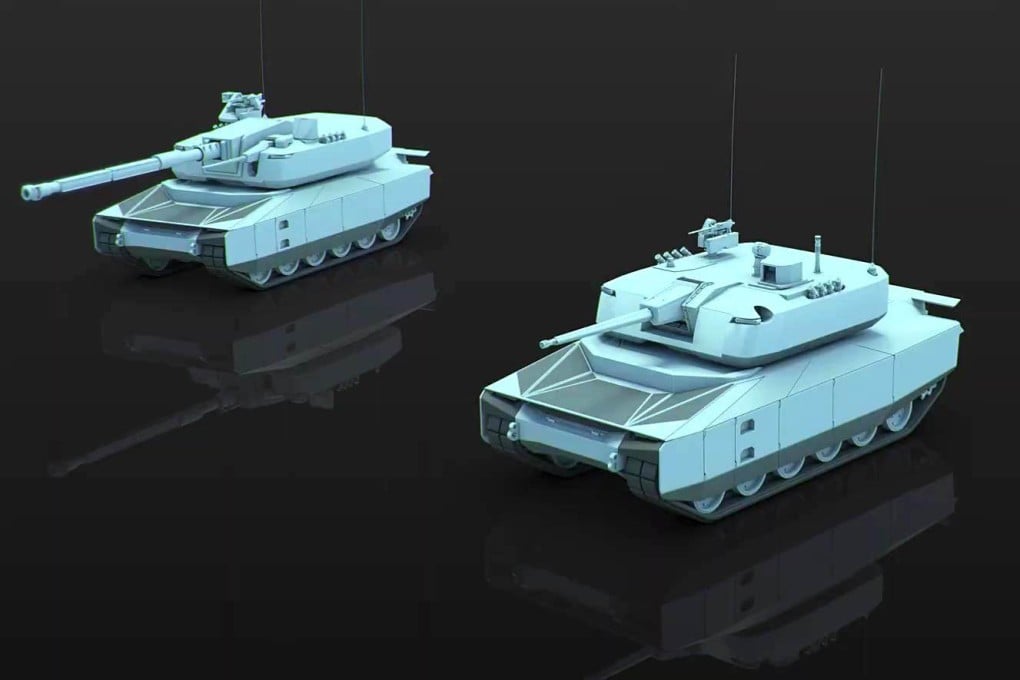France and Germany sign deal on AI-powered ‘tank of the future’
- The advanced Main Ground Combat System, equipped with artificial intelligence and laser technology, has been billed as a game changer in modern warfare
- The next-generation battle tank is being jointly developed by Germany and France as a successor to the French Leclerc and German Leopard tanks

France and Germany on Friday firmed up plans to jointly develop a next-generation battle tank equipped with artificial intelligence and laser technology, billed as a game changer in modern warfare.
During a ceremony in Paris, the defence ministers of France and Germany, Sébastien Lecornu and Boris Pistorius, signed a memorandum of understanding that seals a 50-50 split in the industrial production of an advanced battle tank dubbed the Main Ground Combat System (MGCS).
The push to move ahead with the project comes as Berlin and Paris are eager to show unity after a series of rows on how to support Ukraine in its war against Russia.
In 2017, Germany and France agreed to jointly develop the next-generation battle tank as a successor to the French Leclerc and German Leopard tanks, starting in 2040.

But the tank plans have faced delays amid rivalry between French and German industrial companies, and different priorities in Berlin and Paris.
In March, the two ministers announced in Berlin they had managed to unblock the stalled project by agreeing how to split the work between the two countries.
